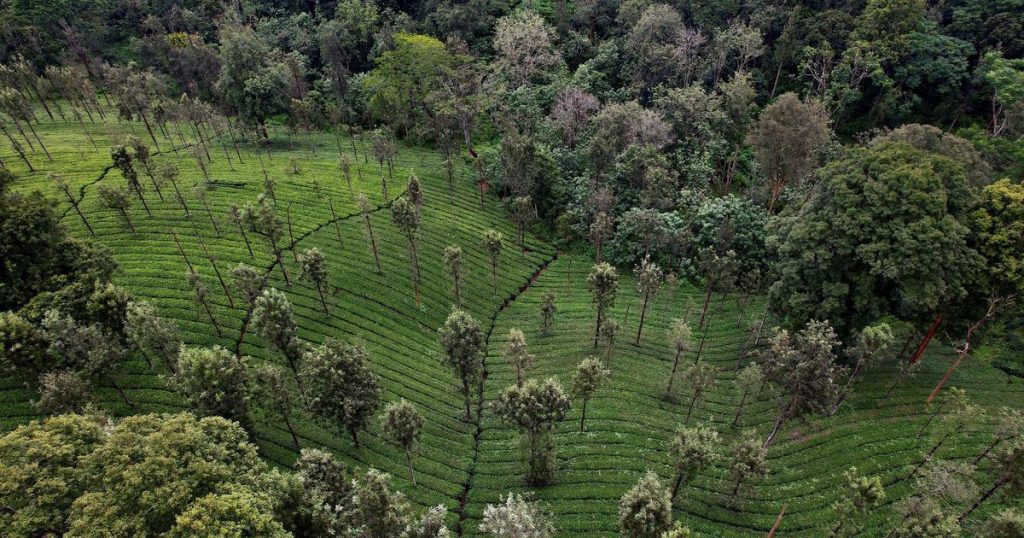Context:
India has been ranked among the worst performers in the first-ever Global Nature Conservation Index (NCI).
Key Highlights of the Index
- India with an abysmal score of 45.5 (out of 100) has been ranked 176th out of 180 nations in the 2024 Index.
- The Index ranked India as one of the five ‘worst performers’ alongside Kiribati (180), Turkey (179), Iraq (178), and Micronesia (177).
Why India is one of the worst performers on the Index

- India’s low ranking is largely attributed to rising biodiversity threats and inadequate land management practices.
- Inefficient land management: The country has converted 53% of its land for urban, industrial, and agricultural use.
- High use of Pesticides: The index highlighted India’s excessive pesticide use and growing soil pollution, with a sustainable nitrogen index of only 0.77, underscoring the urgent need to address soil health issues.
- Poor Marine Conservation: Only 0.2% of India’s national waterways are covered by protected areas and none within its Exclusive Economic Zone (EEZ).
- Illegal wildlife trade: India is the fourth-largest illegal wildlife trader in the world, with annual sales worth around £15 billion.
- Deforestation: Between 2001 and 2019, India experienced deforestation that resulted in the loss of approximately 23,300 square kilometres of tree cover.
- Biodiversity Loss: The Index revealed that 67.5% of marine species and 46.9% of terrestrial species continue to suffer population losses, emphasizing the ongoing challenges in conservation.
Global Nature Conservation Index (NCI)
- The NCI is a data-driven tool that evaluates each country’s progress in balancing conservation and development.
- This index aims to assist governments, researchers, and organisations in identifying key concerns and improving conservation policies for long-term biodiversity protection.
The Nature Conservation Index (NCI) evaluates conservation efforts using four markers –
- Land management: Evaluates how effectively land is managed to protect and sustain ecosystems.
- Threats to biodiversity: Identifies and measures various threats facing local flora and fauna.
- Capacity and governance: Looks at the institutional capacity and governance structures in place to support conservation efforts.
- Future trends: Projects potential future developments in conservation and biodiversity health.
The Index is developed by:
- Goldman Sonnenfeldt School of Sustainability and Climate Change at Ben-Gurion University of the Negev, Israel
- BioDB.com (It is a non-profit website dedicated to maintaining biodiversity data)
Recommendations
- The NCI calls for strong political commitment, advocating for legislation that promotes sustainable development and policies focused on ecological preservation.
- Securing sufficient funding and enacting strategic reforms are essential for addressing India’s conservation challenges and fostering a sustainable future.

